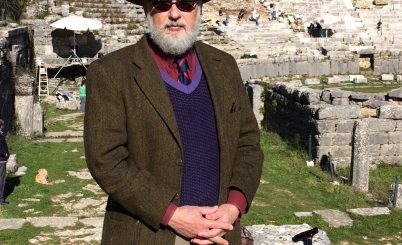The Prince: How to Gain and Keep a Kingdom
In Chapters 5-8, Machiavelli surveys, without a trace of moral indignation, the various ways by which a prince may gain power and, perhaps more importantly, how his long-term success is at least partly conditioned by the means he used to establish his rule.




